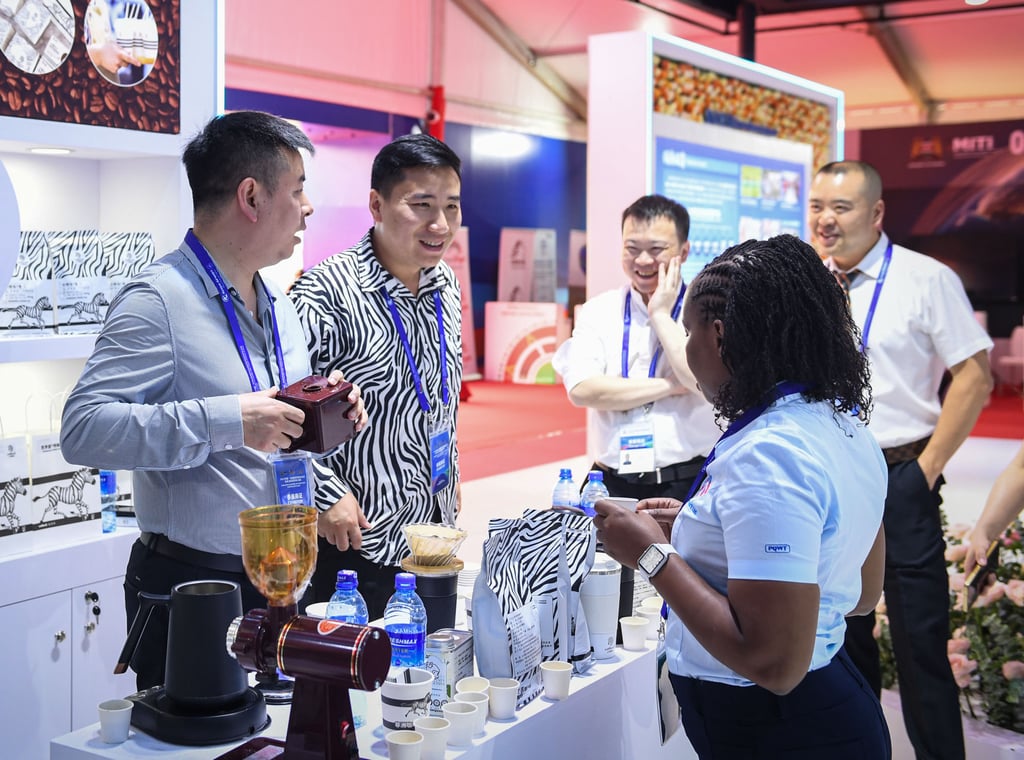Can China build two-way bridges with Global South partners?
Luban courses focus on skills that can be easily transferred to the workplace. This is arguably way more practical than courses offered by Confucius Institutes, such as calligraphy, which many would see as a hobby, or Chinese language, which requires years of study for students to only scratch the surface.
Thus, although they have a more technical orientation, courses offered by Luban workshops could have a stronger cultural impact than Confucius Institute offerings.

This story resonates with the Global South, where many countries have suffered exploitation for hundreds of years, and long for better economic conditions. Looking at China’s success, they know they too can succeed. This could explain the results of a recent poll published by Pew Research Centre last month, where 14 out of 17 middle-income countries had a favourable view of China.
When students at Luban workshops learn how to operate Chinese equipment, they are not only learning practical skills but also indirectly learning about China. It’s a form of education outreach that tells a pretty good China story.

Zhao Zhiqun, a vocational education specialist at Beijing Normal University, believes that “in the future, the focus of China’s vocational education should be about serving Chinese enterprises going abroad, by cultivating local vocational talent teams that understand Chinese language and culture”.
Such attitudes inadvertently leave an impression of condescension. It would be better if Luban workshops also facilitated the flow of information from the Global South to China, doing what Matteo Ricci did in the 16th C, only without the religious aspect.
Ricci was a well-educated Renaissance man. He helped bring Western scientific developments to China, such as those in astronomy, mathematics and geography. His “Great Map of Ten Thousand Countries” awed the Chinese. He was also one of the earliest Western scholars to read Chinese literature and study Chinese classics.
His Latin translation of the Chinese classics, The Four Books, as well as his letters and memoirs on his impressions and experiences in China, provided Europeans with fundamental knowledge about Chinese culture. He was a true cultural bridge between the East and the West.
Since Luban workshops already aim to bring technological advancements to the Global South, the next step should be to introduce the Global South to Chinese audiences.
Indeed, the term “Global South” itself is a vague concept. I bet most Chinese people are like me, and only have a fuzzy idea of what it means. We probably know more about American politics than the differences between Ethiopia and Kenya.
This is where Luban workshops could make a difference. Like Ricci, Luban workshops could use their geographical advantage to become a true cultural bridge between China and the Global South.
April Zhang is the founder of MSL Master and the author of the Mandarin Express textbook series and the Chinese Reading and Writing textbook series